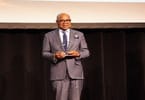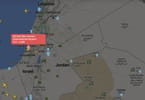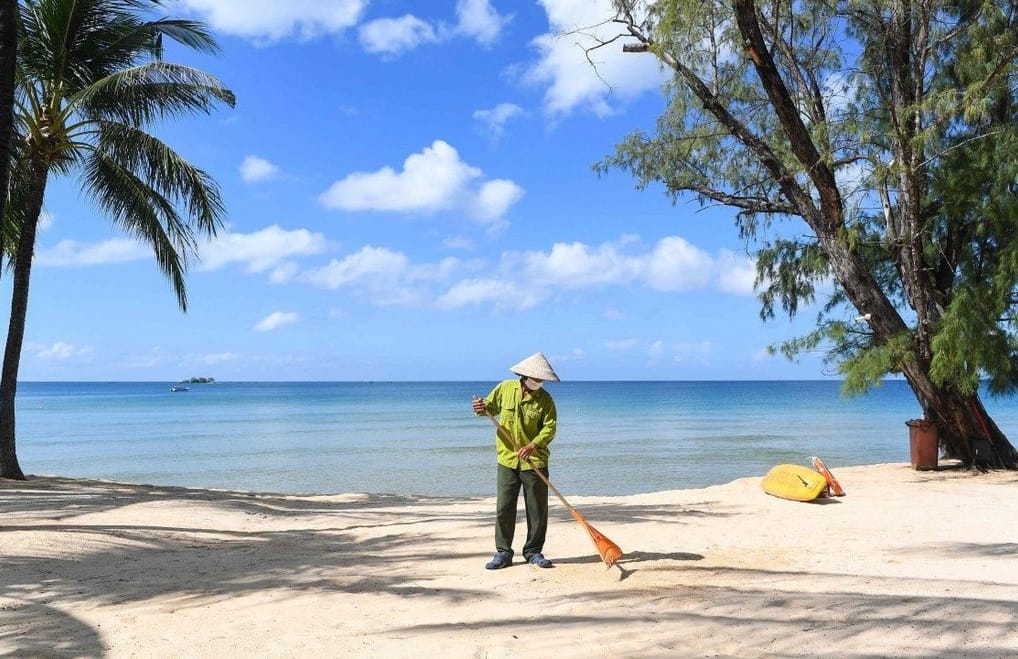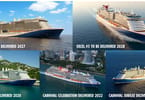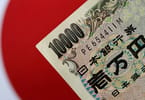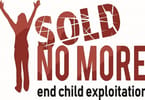West Africa is increasingly seen by Western countries as a complementary or alternative source for oil. The rush for energy resources in some West African countries is leading an infrastructure boom accompanied by rising consumer markets and positive development trends.
But in 2000, West Africa was a region of war-torn countries and broken states, and highly dependent on international aid.
Peace efforts and political stabilisation have led to this economic growth and regional integration, but terrorist groups and organised crime networks still present major challenges.
West Africa’s biggest short-term challenge is dealing with the world’s worst outbreak in history of the deadly Ebola virus disease. More than 1,013 people have died and the World Health Organisation (WHO) has declared the spread of the virus an international health emergency.
The latest outbreak started in February 2014 and is affecting people in Guinea, Liberia and Sierra Leone. So far 1,848 cases of the highly contagious disease have been reported.
The most affected countries are increasingly isolated, with substantial cuts in international flights and cross-border commerce. Land frontiers are being closed.
Key-sectors like mining and oil, which depend on foreign investment and have substantial numbers of foreign workers, are severely affected.
The Ebola outbreak cost Liberia`s economy US$12 million between March and June 2014 – two per cent of its national budget – according to official sources.
But West Africa is also a beacon of success. Cape Verde, Ghana and Senegal stand as African models of democracy.
Liberia has recovered following a long-running and violent civil war.
Ivory Coast, the world`s leading cocoa producer, is now stable. Its former President Laurent Gbagbo was formally accused of crimes against humanity by the International Criminal Court (ICC).
Sierra Leone registered a 20.1 per cent growth in Gross Domestic Product (GDP) in 2013, just 12 years after the end of a war fuelled by blood diamonds.
And Nigeria has overtaken South Africa to become Africa’s biggest economy.
West Africa’s economic growth is being driven by untapped natural resources, political stabilisation, regional integration and an expanding consumer class.
It will be the fastest-growing region in 2014-2015, according to the African Economic Outlook annual report, with growth estimated between 6.7 and 7.4 per cent.
China has become a major investor and the first trading partner for many West African countries over the last 14 years. The European Union has signed an Economic Partnership Agreement with 16 West African states in a strategic move for Brussels. West Africa represents 40 per cent of the total trade between the EU and the African, Caribbean and Pacific (ACP) regions.
West Africa is becoming a major oil supplier, especially for Western countries. The oil rush started seven years ago following significant offshore discoveries in Ghana, although the first explorations date back to the 1950s.
The region`s stake in global oil production has attracted major Western oil companies because of its geographic proximity, high quality fuels and relatively barrier-free markets.
Political stability and cheaper and improved exploration technology have seen countries like Liberia, Sierra Leone, Mauritania and Chad, emerge as oil producers.
West Africa is also rich in mineral deposits, especially gold and iron. Global demand for iron ore is expected to double by 2030, driven by demand in expanding market economies like China and India.
Significant iron ore deposits discovered in Guinea, Sierra Leone, Senegal, Mauritania, Ivory Coast and Cameroon have given the region a new mining boom which is boosting investment in infrastructure – in railway construction and ports – to transport ore from the mines for export.
Agriculture, retail and services are also growing sectors increasing employment which is crucial for political stability, economic growth and reducing poverty. A rising consumer market in Ghana, Gabon, Nigeria and Senegal is being driven by an emerging urban middle class.
The 15 countries in the Economic Community of West African States (ECOWAS) have a population of more than 300 million, including Nigeria, Africa`s economic and demographic giant.
The region expects to see its urban population increase by 56 million by 2020. Urban growth is concentrated along the region`s coastline in cities like Abidjan, Accra, Lagos, and Dakar.
But the old threats to stability, such as high poverty rates and political differences, persist along with new security risks such as petro piracy.
Large-scale smuggling and illegal markets are flourishing. Piracy and trafficking generates considerable annual income for non-state armed groups like al-Qaeda in the Islamic Maghreb (AQIM) and the Movement for Oneness and Jihad in West Africa (MUJAO).
The Ebola outbreak is compromising economic growth prospects in Sierra Leone and Liberia. Both governments have declared a state of emergency and closed schools and markets.
WHAT TO TAKE AWAY FROM THIS ARTICLE:
- But in 2000, West Africa was a region of war-torn countries and broken states, and highly dependent on international aid.
- The 15 countries in the Economic Community of West African States (ECOWAS) have a population of more than 300 million, including Nigeria, Africa`s economic and demographic giant.
- Significant iron ore deposits discovered in Guinea, Sierra Leone, Senegal, Mauritania, Ivory Coast and Cameroon have given the region a new mining boom which is boosting investment in infrastructure –.









